A new report by SBICAPS anticipates that the reduction in incentive support under the second phase of the viability gap funding (VGF) scheme for standalone battery energy storage systems (BESS) could lead to a tariff increase of around 10%. However, industry experts believe this increase is manageable and could be absorbed in the coming months as capex costs continue to decline.
Announced in June, the second tranche of the VGF scheme targets to support the development of 30 GWh of BESS capacity with a total budgetary outlay of INR 5,400 crore. While the framework is similar to the first tranche of 13.2 GWh, it introduces a lower incentive cap of INR 1.8 million/MWh — 33.3% lower from the earlier ceiling of INR 2.7 million/MWh or 30% of the project cost, whichever was lower.
The scheme will extend financial support to 15 states and NTPC. Of the total 30 GWh target, 25 GWh will be distributed among 15 states to meet their energy storage needs, while 5 GWh will be allocated to NTPC to optimize the use of existing thermal generation and transmission infrastructure, and to supply electricity during non-solar hours in a reliable and cost-effective manner.
A significant portion of the first tranche is still awaiting tendering, and the reduced financial support in the latest phase is expected to drive tariffs upward. Nonetheless, falling battery prices and improving cost efficiencies are expected to offset the impact over the coming months.
SBICAPS report authors believe that incentives will gradually be withdrawn as capex costs reduce to maintain tariffs near current levels as these are competitive with alternates.
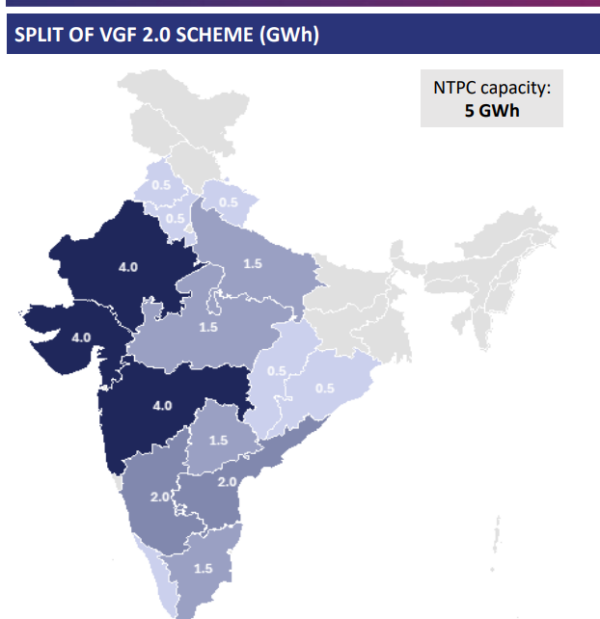
This content is protected by copyright and may not be reused. If you want to cooperate with us and would like to reuse some of our content, please contact: editors@pv-magazine.com.
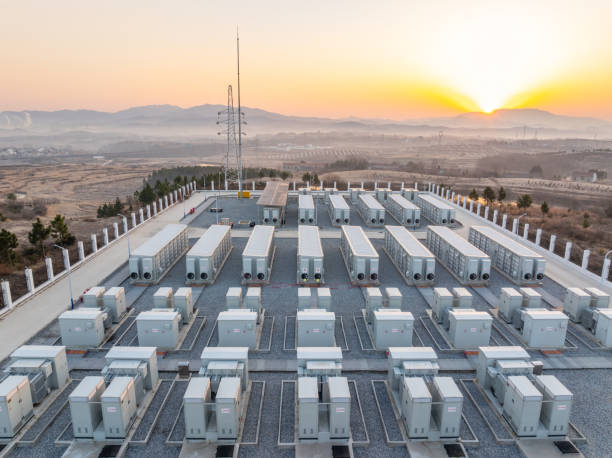
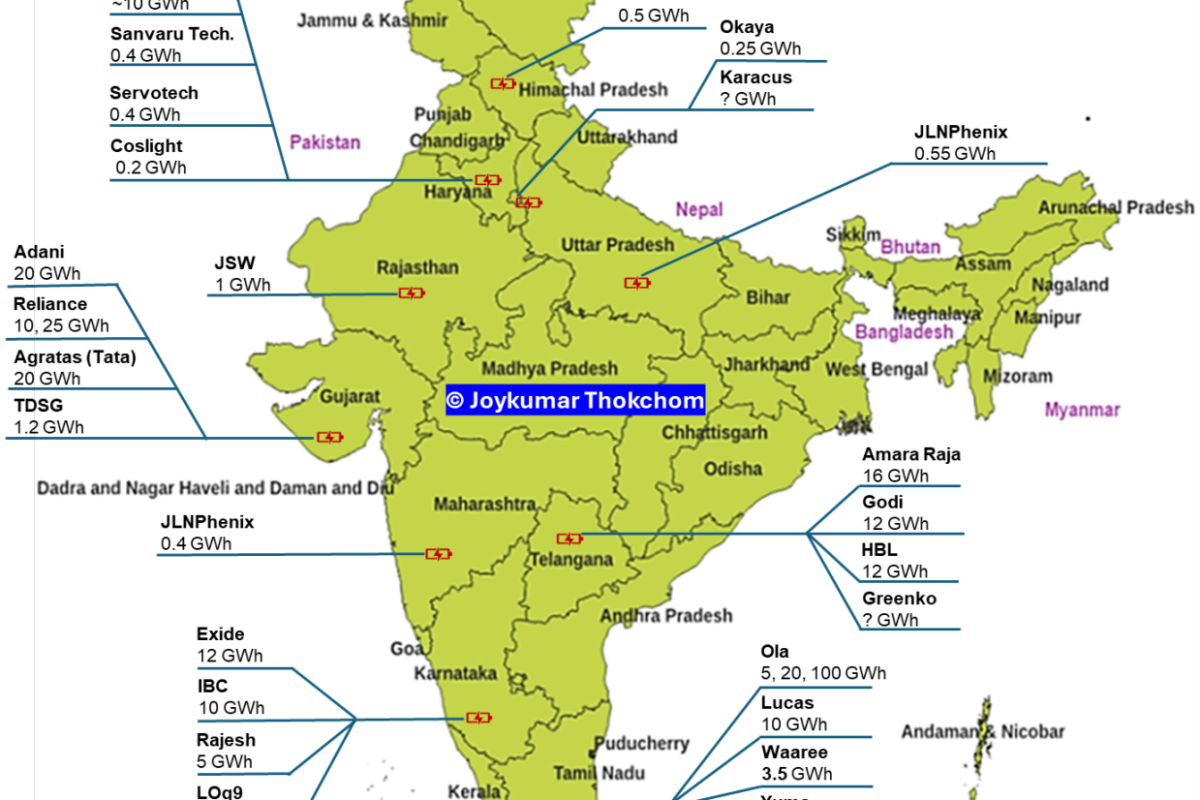



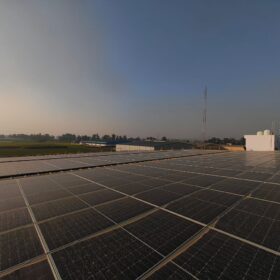
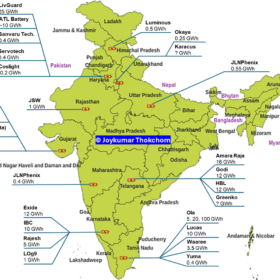
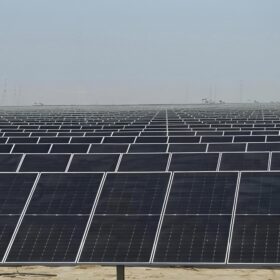
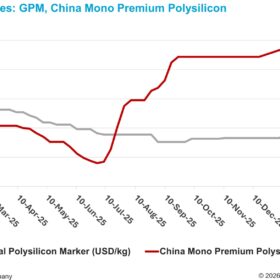
1 comment
By submitting this form you agree to pv magazine using your data for the purposes of publishing your comment.
Your personal data will only be disclosed or otherwise transmitted to third parties for the purposes of spam filtering or if this is necessary for technical maintenance of the website. Any other transfer to third parties will not take place unless this is justified on the basis of applicable data protection regulations or if pv magazine is legally obliged to do so.
You may revoke this consent at any time with effect for the future, in which case your personal data will be deleted immediately. Otherwise, your data will be deleted if pv magazine has processed your request or the purpose of data storage is fulfilled.
Further information on data privacy can be found in our Data Protection Policy.